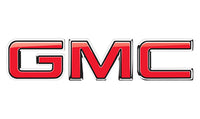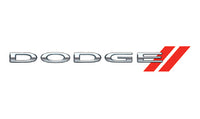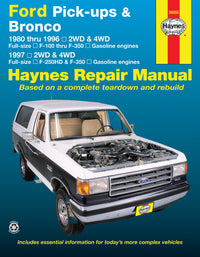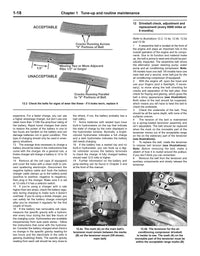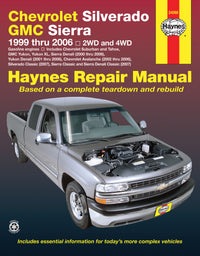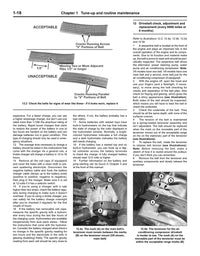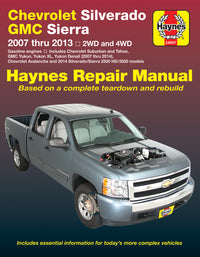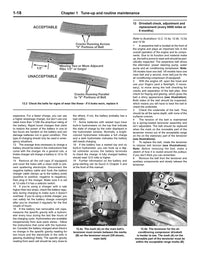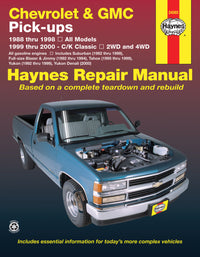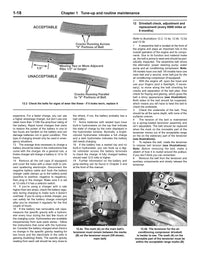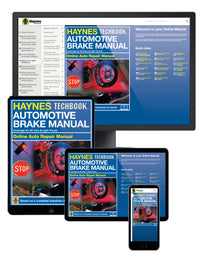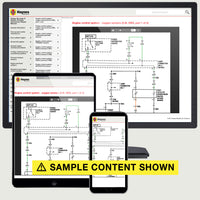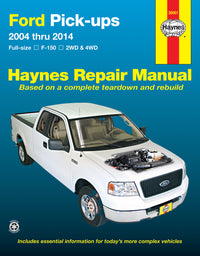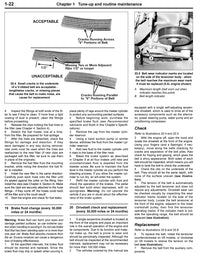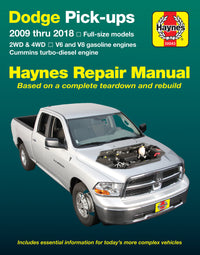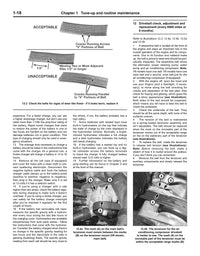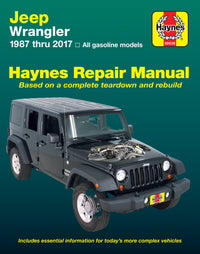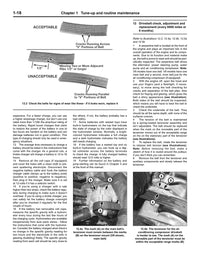It's time to take your car to the shop to have it looked at if something goes wrong and you don't know much about auto repair. Although it makes sense that many people are concerned about being taken advantage of, mechanics are usually able to tell when a customer doesn't know much about cars. It's a good idea to eliminate some of the potential causes of what might be happening inside your car to prevent this. You are often able to conduct a simple diagnosis of a car problem by using your senses of sight, hearing, and touch.
First off, performing a few sight checks on your car can help ensure that crucial components are operating as they should. Pay attention to the following:
Check your Warning Lights
The most obvious place to start is with your dashboard's warning lights. However, the most typical warning, the Check Engine light, can be extremely perplexing because it can indicate issues of varying degrees of seriousness. Others are easier to understand, such as the oil light, tire pressure light, and engine temperature light. No matter what lights up, you should never ignore it. Delaying a diagnosis and repair could cause even more serious issues in the future.
Check Your Tires
Conduct regular checks on your tires carefully to make sure they are in good condition. The tread on tires improves traction and directs water away from the contact patch, lowering the possibility of hydroplaning. It is crucial to maintain adequate tread depth, and checking only takes a few seconds.
Find a penny and insert it into the tread with the head of Abraham Lincoln facing the center of the wheel. The tires need to be replaced if you can still see the top of his head above the tread
Check for Fluid Puddles
If you ever notice fluid accumulating underneath your car, you should be concerned. Whatever the fluid type, it's essential to the performance and dependability of your car. Any leaks, whether they involve brake fluid, steering fluid, coolant, or oil, should be fixed right away. Always look out for drips or puddles as you back out of a parking space.
Be alert for strange noises your vehicle might be making as well:
Clunking or Creaking
Suspension parts often emit a clunking or creaking sound when they are worn out. When force is applied to a worn-out suspension strut or shock, especially when traveling over a bump, it may clunk. Grease is necessary to keep ball joints and bushings lubricated and moving easily. The grease can creak like a wooden floorboard if it dries out.
Banging or Popping Sound
Engine backfires make a popping or banging sound when fuel ignites improperly, which happens occasionally. Backfires can result from a variety of problems, including dirty air filters, worn-out spark plugs, an imbalanced air/fuel mixture, and out-of-phase ignition timing. No matter what the reason, you should have a backfiring engine checked out right away.
How does it feel to be driving around in your vehicle? Be on alert for certain signs of damage.
Shaking or Vibrating
Make sure to examine all of the possible causes of shakes and vibrations. Check your wheels and tires first. They might be out of balance or misaligned, which would affect your handling and fuel efficiency while increasing tire wear. Also, a loose lug nut could be the culprit. Vibrations result from worn mounts when they are unable to secure the engine or transmission tightly against the frame.
Low Break or Spongy Pedals
The brakes are arguably the most crucial safety feature in your car, so any unusual sensation in the pedal needs to be attended to right away.
The most common causes of spongy brakes, which don't react as well, are air in the brake lines and low or deteriorated brake fluid. Old fluid absorbs moisture and is unable to maintain sufficient hydraulic pressure to deliver consistent, firm brake feel, even though low fluid can be topped off. Usually, a brake fluid flush will solve the problem of spongy brakes or a pedal that goes more deeply than usual.
While it takes years of experience to be able to fix car problems, anyone can at least try to diagnose them. The next time your car experiences a problem, we recommend using your senses to determine what's wrong and a relevant car manual to try fixing it yourself rather than relying on a mechanic!



